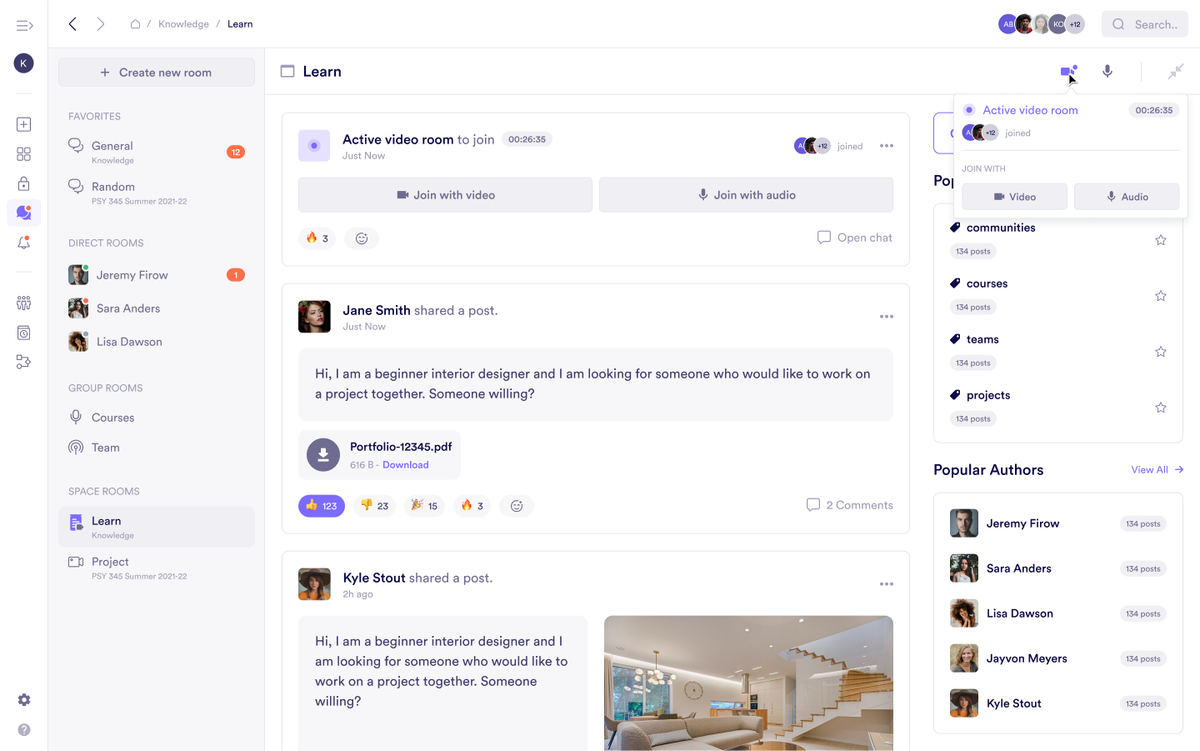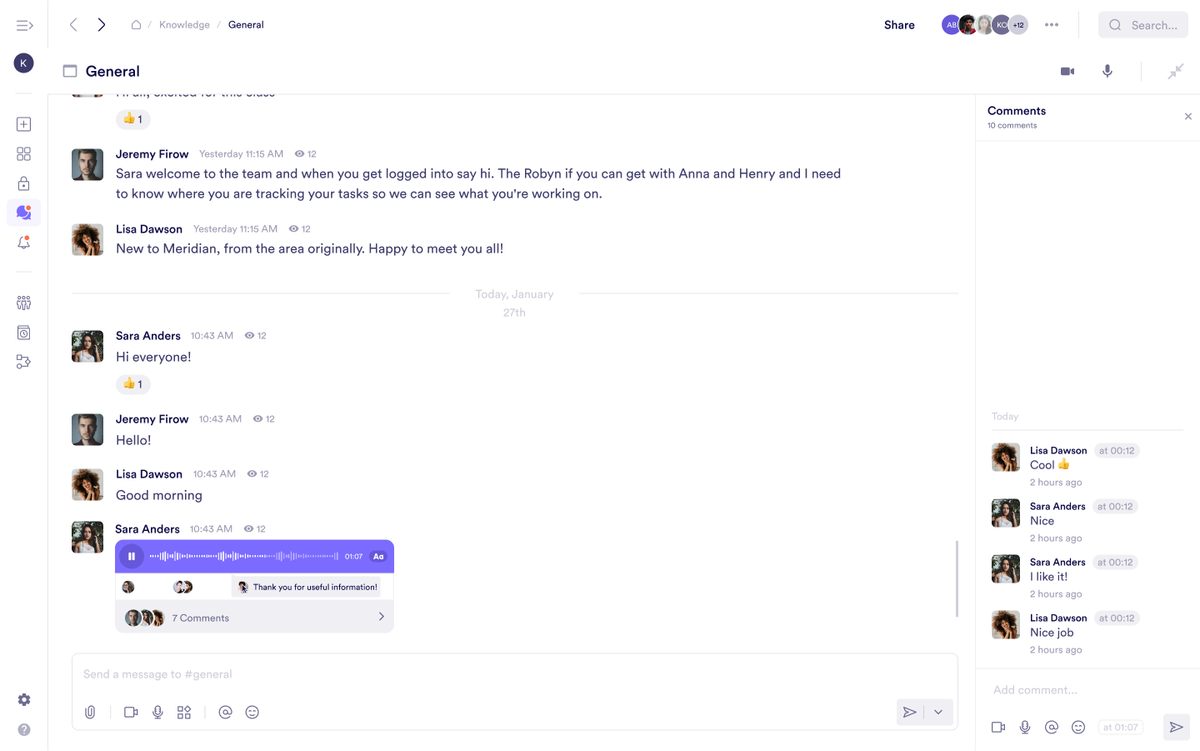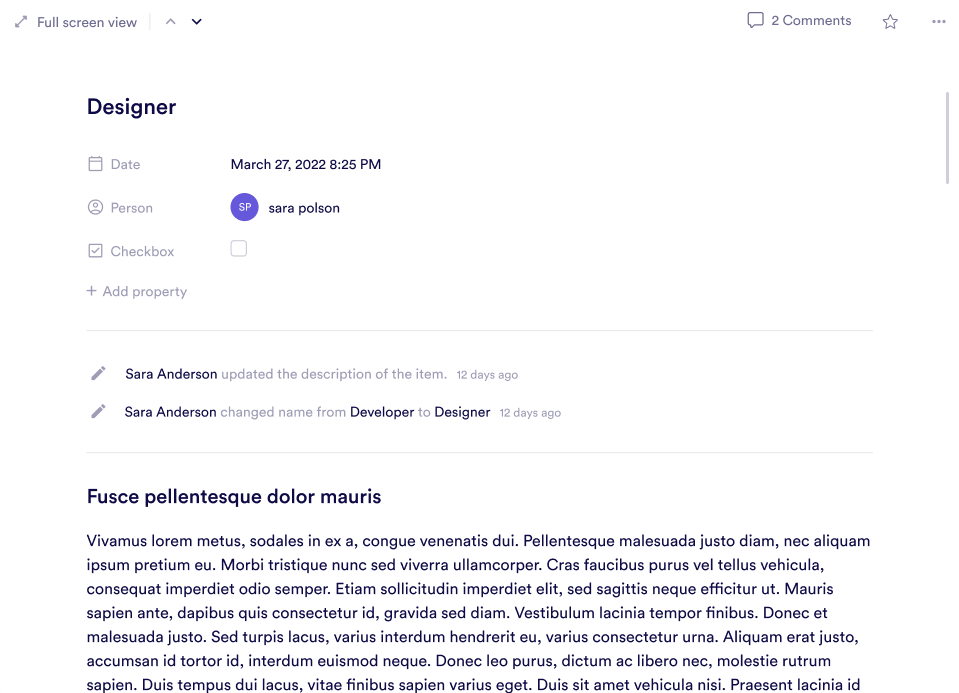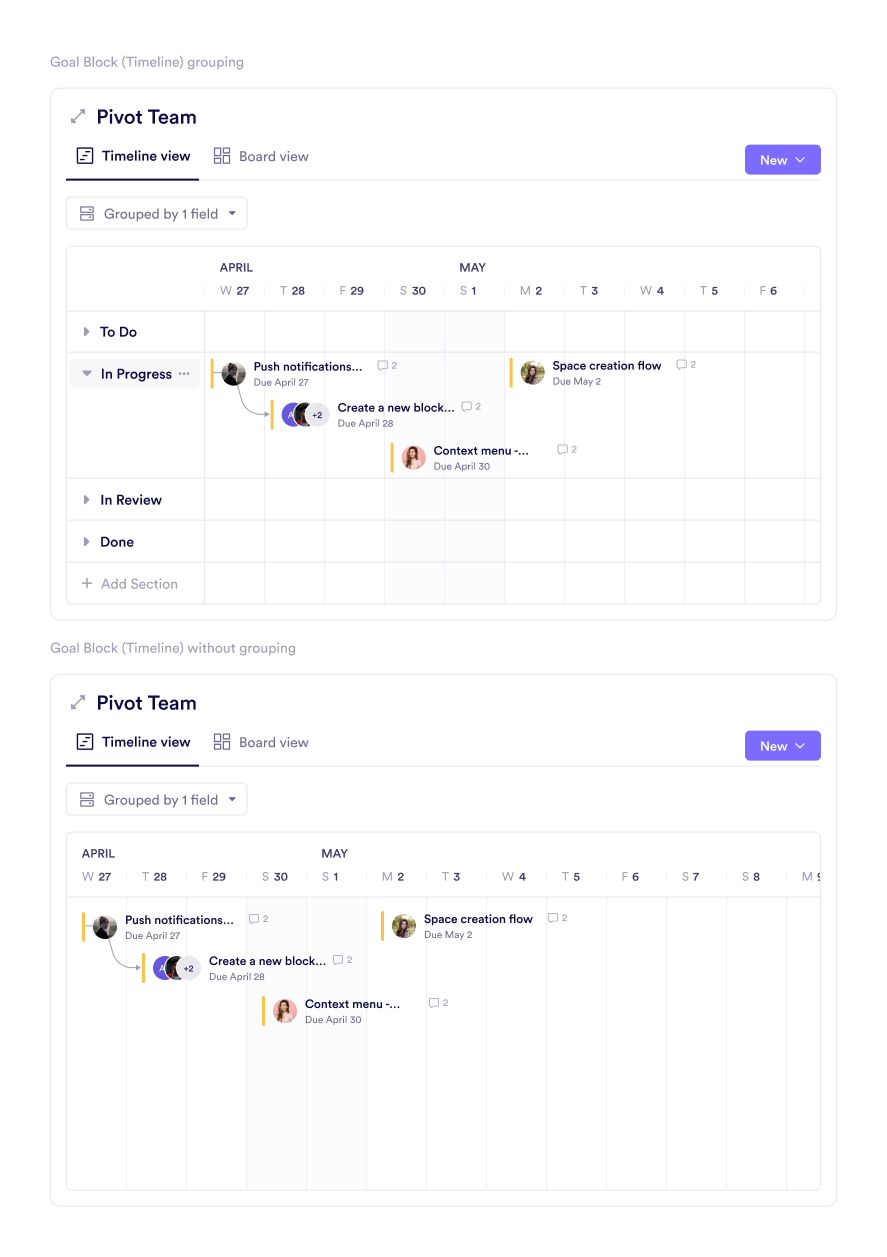Feb 6, 2025
Is Your Workflow Too Complex? Here’s How to Handle Tasks and Projects
 Jennifer Simonazzi
Jennifer Simonazzi
Every team starts with the same setup: a task management app here, a project management app there, maybe add a communication tool to keep everyone updated. Before long, work feels more like managing apps than completing projects. Simple tasks get buried under notifications, updates live in separate systems, and tracking progress turns into its own project. Instead of keeping things organized, these tools create a maze where deadlines hide and focus slips away. The real challenge is the overload that pulls attention in too many directions at once.
The Hidden Gaps in Project Management Tools
Traditional task management apps promise structure but often create roadblocks. Tools like Trello, Asana, and Monday.com work for basic tracking but struggle when projects evolve or require more flexibility. They lack strong real-time collaboration features, pushing teams to depend on separate apps (Slack for conversations, Google Drive for file sharing, for example), which leads to disconnected workflows. Instead of focusing on progress, teams waste time toggling between platforms, trying to bridge the gaps. The issue isn’t the lack of features, but how poorly they work together when teams need a unified approach.
Beyond Checklists: Features That Drive Real Progress
A solid task management app should adapt to how teams work, not the other way around. Whether tracking deadlines or managing complex projects, teams need more than basic lists. They need:
- Boards, lists, and calendars to organize tasks in ways that fit different workflows
- Real-time chats and posts for quick updates, plus async options for deep work
- Integrated file sharing, goal tracking, and visual dashboards to keep progress clear
The right platform connects work without creating extra steps.
Simplify, Organize, and Track: How Pivot Powers Projects
Pivot isn’t just another task management app; it’s designed to fit the natural flow of work. Teams can handle and resolve quick tasks or complex projects with a clear organization and without getting lost in the process.
- Post rooms: Create topic-focused spaces for brainstorming, updates, and structured conversations that don’t disappear into endless threads.

- Chat/Video/Audio rooms: Keep decisions and feedback connected to projects, with real-time discussions and documents that stay linked to your work.

- Databases: Track tasks, manage resources, and organize projects in several formats.

- Calendars and events: Plan and track deadlines, milestones, and schedules.

- Goals: Set, manage, and visualize objectives so progress is always visible, not buried under task lists.

Pivot helps you manage tasks and projects in ways that feel intuitive, efficient, and connected.
How Pivot Stands Apart from Trello, Asana, Monday.com, Basecamp, and ClickUp
Choosing the right task management app isn’t easy when every option promises efficiency but often delivers more tabs, tools, and fragmented workflows. Here’s how Pivot compares to popular platforms, offering an approach that keeps projects and people always in sync.
- Beyond the board: Why Pivot outpaces Trello
Trello’s card-based system is great for simple task tracking, but as projects grow, its limitations become clear. Managing complex workflows often means juggling endless cards, checklists, and integrations to fill functionality gaps. Pivot, a versatile Trello alternative, eliminates this hassle with integrated post rooms for discussions, databases for structured information, and goals for progress tracking.
- More than tasks: Pivot’s edge over Asana
Asana is popular for task tracking, but its task dependencies and limited real-time collaboration tools can slow teams down. Pivot shifts the focus from static lists to dynamic workspaces. In Pivot, tasks live alongside chats, updates, and project goals, creating an environment where discussions drive outcomes. If you’re looking for an Asana alternative that adapts to evolving workflows, Pivot is built for you.
- Breaking the gridlock: How Pivot surpasses Monday.com
Monday.com’s colorful dashboards may look appealing, but they often feel like rigid grids that require constant adjustments. Teams spend more time customizing views than moving projects forward. Pivot offers flexible structures: post rooms for focused discussions, calendars for deadlines, and Infinite Canvases for brainstorming. For teams seeking a dynamic Monday.com alternative, Pivot removes the friction between planning and execution.
- Past the basics: Pivot as a smarter alternative to basecamp
Basecamp prides itself on simplicity, but that simplicity often comes at the cost of depth. It’s great for basic to-do lists but struggles with complex projects that need layered workflows and detailed tracking. Pivot goes beyond the basics with advanced features like goal blocks, databases, and real-time discussions. As a Basecamp alternative, Pivot bridges the gap between simplicity and robust project management.
- Clarity without the clutter: Pivot vs. ClickUp
ClickUp promises to be everything in one app, but that ambition often leads to overwhelming complexity. The interface can feel cluttered, and navigating features takes more time than completing tasks. Pivot offers the same breadth without the noise. Whether you need to manage tasks, track goals, or host team discussions, Pivot keeps it intuitive. For teams drowning in too many features, Pivot is the ClickUp alternative that delivers clarity without compromise.
Clear the Clutter, Focus Forward
Choosing Pivot as your project management app means projects, tasks, and discussions live side by side. Teams stay focused, goals stay visible, and progress stays on track. See how Pivot changes the way teams manage tasks and projects HERE.

Jennifer Simonazzi
Content Writer
Share this post
Table of Contents
Subscribe to never miss out on updates and inspiration
Watch new Pivot tutorials, attend live training sessions, and get access to exclusive new features.
